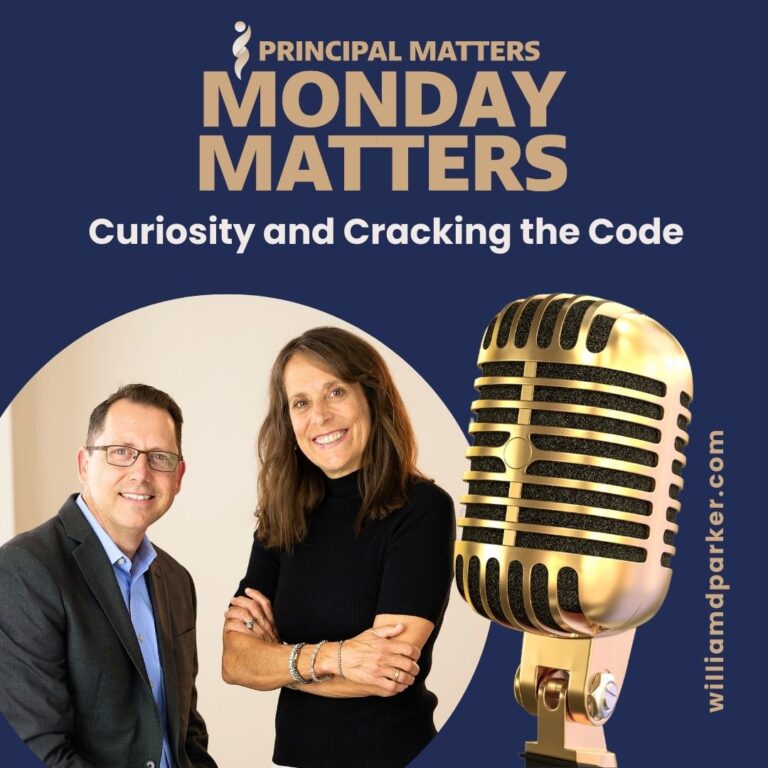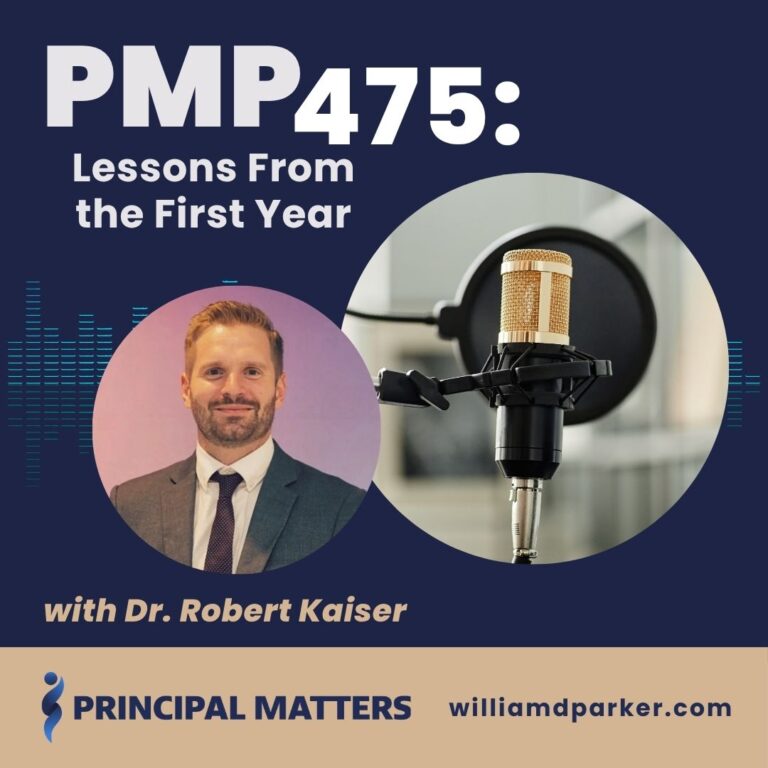Podcast: Play in new window | Download
Meet Crystal Williams:
Crystal Williams is a dedicated instructional leader with 20 years of experience, currently serving as a District Literacy Coach in Houston, Texas. Originally from Albuquerque, NM, she holds a BA in Psychology and MA in Elementary Education. Now in her sixth year as an instructional coach, Crystal is passionate about equity, justice, and the transformative power of education. She has led data-driven coaching, modeled effective instruction, and facilitated meaningful feedback conversations. A seasoned presenter, she has designed and delivered equity-focused professional development. In 2024, a school she supported was recognized with a Superintendent’s Impact Award for instructional leadership. When she’s not advocating for justice in education, Crystal enjoys reading books on everything from open-hearted relationships to astrophysics and spending time with her Boxer Shepherd, Bernice.
This week’s episode of Principal Matters podcast features Dr. Jen Schwanke interviewing Crystal Williams, a dedicated district literacy coach with 20 years of experience in Houston, Texas. Dr. Schwanke found Crystal on LinkedIn after being struck by a post about the often-misunderstood role of instructional coaches. The conversation delves into common misconceptions principals might hold, such as viewing coaches as unnecessary or as “spies.”
Crystal emphasizes that coaching is about instructional leadership, not just support, and highlights the importance of principals introducing coaches properly to build trust and credibility. She also shares insights on how principals can empower coaches by directing teachers to them for instructional inquiries. She explores the distinction between support and leadership in coaching, with support asking “what do you need?” and leadership asking “what will move us closer to our shared goals?” Crystal shares a powerful anecdote about witnessing a shift in a campus-based professional learning session when an instructional specialist began to relinquish control and allow teachers to engage in deeper dialogue.
Here are some of the most effective ways coaches build teacher capacity that Crystal highlights:
- Observing without judgment: Coaches watch classroom dynamics and student learning to identify patterns without making immediate evaluations.
- Analyzing student work collaboratively: Getting into the “weeds” with teachers to understand student thinking and inform next steps.
- Taking low inference notes: Recording specific observations rather than interpretations to maintain teacher trust.
- Focusing on strengths: Identifying and building upon existing positive practices.
- Asking guiding questions: Facilitating teacher reflection and leading them to their own understanding and solutions.
- Planning side-by-side: Collaborating with teachers to anticipate student misconceptions and design targeted instruction.
Key indicators of coaching impact include changes in teacher language, increased student engagement, and improved instructional decision-making, alongside quantitative data like improved exit ticket accuracy and progress on standards. Crystal also candidly discusses the emotional toll of coaching, emphasizing the need for clear protocols and support for coaches who often become confidants for teachers. She concludes by sharing her philosophy of “leading like it matters,” focusing on purposeful interactions and connecting daily actions to broader goals.
Staying Connected:
You can stay connected to Crystal Williams via LinkedIn.




